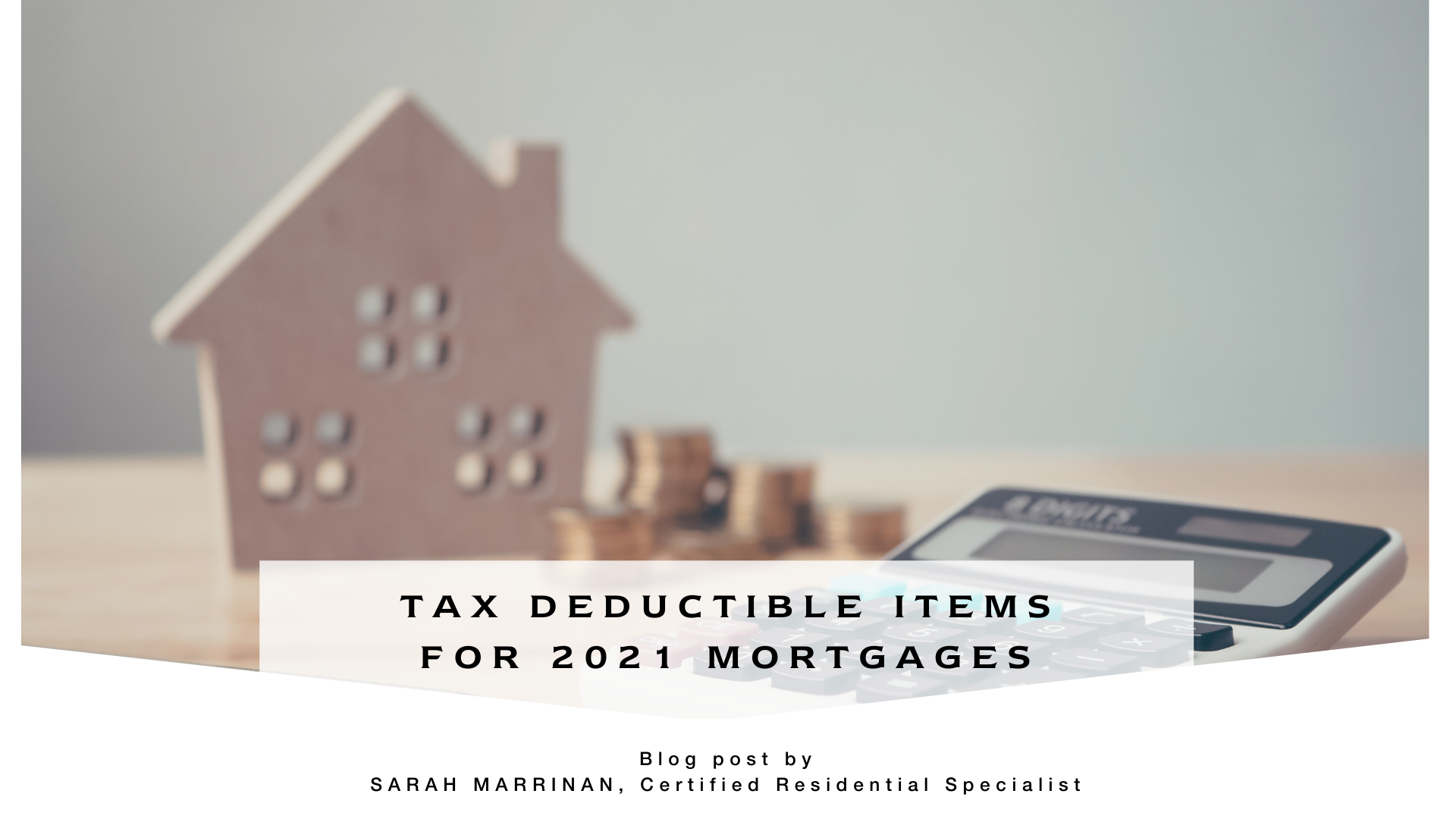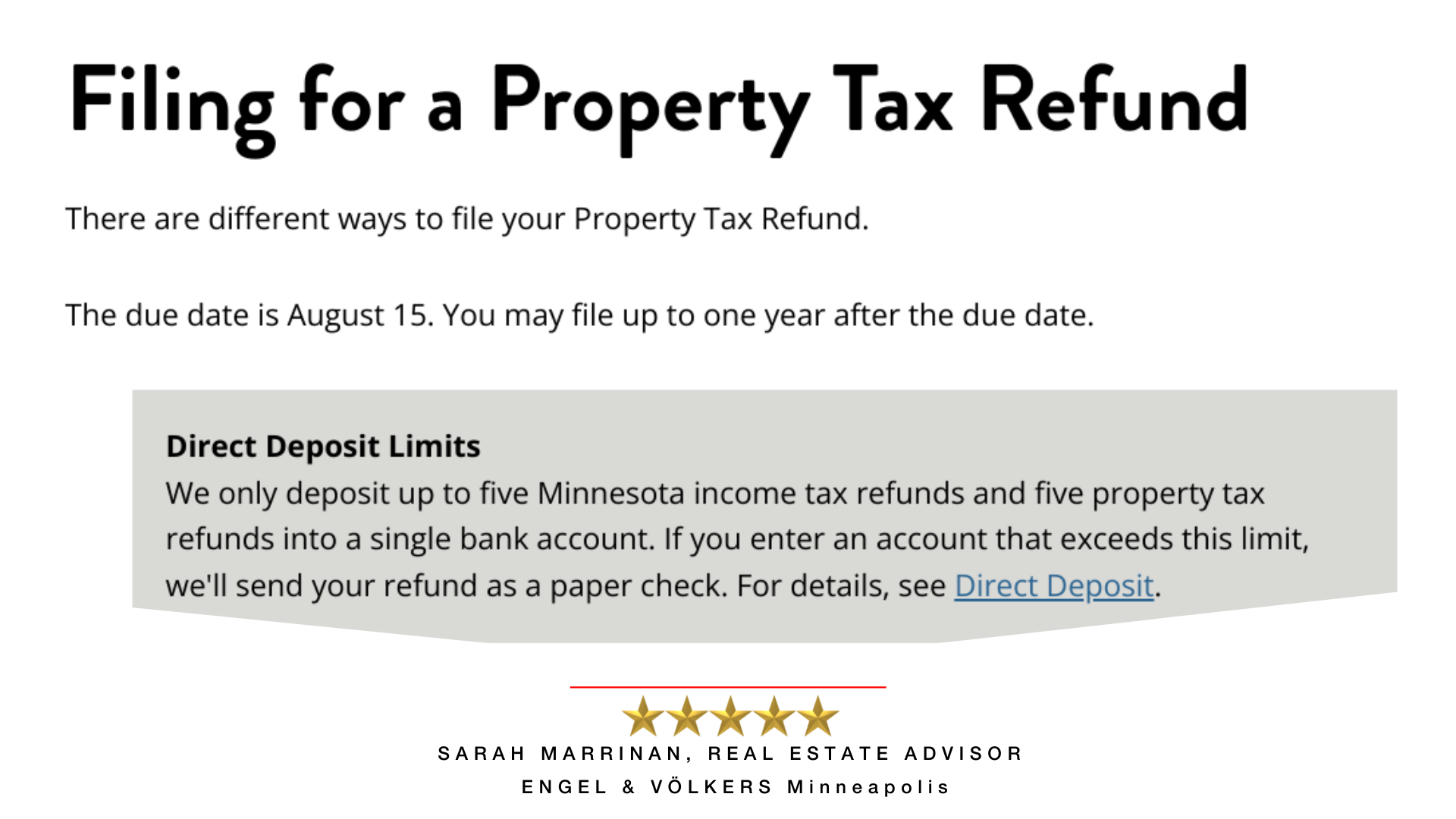Everyone wants to sell their home fast and for top dollar, but most people don’t know what it takes to sell their home with the fewest headaches, in the least amount of time for the highest price.
Steps to Preparing to Sell Your Home
The overall timeline when you’re working on selling a home can vary by season, price of the home, marketing skills of your REALTOR(R) and current market conditions. Even in the hottest of seller's markets, some homes don't sell quickly... or at all.
No matter what market you're in, here’s a general timeline most home sellers follow. When you’re planning to sell your home, remember to use this handy guide for planning your next steps.
Two - Three Months Before Listing: Research
Before you think of listing your home and putting a sign in the yard, a lot of research needs to be done. You’re going to want to do some initial research about the market and your personal finances.
Connect with a Professional to Learn The Local Market
You don’t need to go too deep into market data just yet. When you’re this early in the home buying process, you should just pay attention to general home prices in your area. A trusted professional can help you look at what homes are currently for sale and which homes have recently sold. They will use real MLS data and help you understand which homes will most affect the value of your home. They can also help you evaluate what features command top dollar and fast sales in your local market.
This research will help you calculate your potential home equity. (Your market value minus the mortgage and other liens.) A good rule of thumb is that you should set aside 10% of your home's equity for selling costs and the remaining equity can be used to purchase your next home. In a hot seller's market you may have more leverage with buyers and fewer expenses. If you are moving across country, your expenses may be higher.
It most cases, sellers use home equity to cover their Closing Costs involved in selling their home and don't pay out of pocket. Regardless, you should still get a general idea of the overall costs before you head into selling territory.
Look into property taxes, transfer taxes, title insurance fees, and escrow fees to get started. Consider agent fees, moving expenses, repairs and potential buyer fees in slow markets. Those costs tend to add up... and the 10% cushion I advise will soon be explained. If closing costs are going to be more than the equity in your home, you may want to consider setting aside extra money to cover some of them.
Figure Out Where You Will Move To
Many home seller's find the most headaches in juggling the move to the next home. For those that are also planning to buy another home when they sell, this requires very careful planning. The day you collect the check for your house from the buyer is the day you turn over the keys so you need to have a place to go. If you are moving to a rental, research availability where you want to be. If you need your equity from the home you are selling to purchase your next home, you will need to thoroughly understand your options in the current market by consulting with your real estate and mortgage professionals.
Get Your Paperwork In Order
Selling a house requires a lot of paperwork. While some documents are easy to find, other documents may take some time to hunt down. Make sure you have your title paperwork from your purchase, current mortgage balance, tax bill, homeowners’ insurance and association documents (if applicable). Some local municipalities also require pre-sale inspections. Your professional will assist you in how to handle missing documents and required inspections.
Two Months Before Listing: Repairs
When you’re two months away from selling, make sure you remember these tips when you’re going through repairs and improvements. Unless you don't care about the financial bottom line, you’re also going to need to start making home improvements before you sell.
We know that you may not want to put a lot of money into a house you’re not going to live in, but some relatively simple adjustments could end up getting you more money when you sell. Let's explore where your money is best spent when planning to put your house up for sale.
Focus On Cosmetic Issues
Appearance can make or break a home sale, that’s why it’s important to focus on making your home cosmetically appealing to home buyers.
The best thing about cosmetic fixes is that they’re usually simple and inexpensive to take care of. Some problems can easily be fixed with a deep clean or a fresh coat of paint.
Once your home is clean, consider small fixes you can make to your home. Take care of frays on the carpet by cutting them off with a razor. Patch holes in your screen door and fix crooked light fixtures.
Address What You Can’t Fix (Or What’s Too Expensive)
Think about things that are important in the minds of buyers, and what someone interested in buying could see as a deal-breaker. When you’re busy making improvements to your house, you should take some time to seriously consider certain things you won’t be able to change before you sell your house. It’s possible that after investing a lot of time and money into your home that you may find issues that can’t be quickly or cheaply prepared. Basement seepage or roof problems are serious problems that could affect the sale of your home.
If you discover serious problems, don’t hide them. You legally need to disclose any major problems before you sell your home. If you choose not to, you could find yourself in legal trouble later.
Think About Upgrades
Don’t think that you need to add an entirely new edition to your home to increase its value. There are plenty of relatively smaller updates you can make that will have a big impact on people.
Take some time to evaluate the conditions of the main appliances in your home. Replacing an old refrigerator or oven could add a lot of value to your home, especially if you use energy saving “green” appliances. After you’ve taken the time to focus on appliances, move on to important systems like heating, cooling, plumbing, and electrical.
Any issues with structural systems, like non-compliant items (think sewer or electrical systems), the home’s walls or roof, should be promptly addressed before you move. Fixing these problems before a sale can make it easier to sell your home and help you keep more money in your pocket. Keep in mind that it’s possible to sell your home as-is, but it’ll be a lot more difficult to do. If the problems you face are major enough, it may be worth swallowing the costs yourself to make your home more appealing to buyers - or you may need to if the problem is too big for a buyer to finance.
One Month Before Listing: Financial Matters
Now that you’re a month out from selling your home, it’s time to dive into the financial side of buying. You touched on financial matters two-three months out, but now that you’re a month away you’re going to get more in-depth.
Hopefully, you’ve done a good job of keeping up with home prices in your area by having your agent set up your market watch. Now is the time to take an in-depth look at them because they’ll help you set the price of your home. If your home is unique, you may want to talk to an agent about getting an appraiser to create and official valuation. They’ll be able to give you an official report on their opinion of what your home is worth based on recent sales - the kind of report a lender would look at for buyer's financing.
Now that you’ve gotten a full range of estimates on sale prices and plenty of data from the housing market, an experienced realtor will help determine the best listing price. When you set a price for your home, you are taking the first steps toward marking it for sale.
One Month Before List: Getting Your Home Sell-Ready
You’re going to have potential homebuyers in your home very soon, so it’s time to get it ready for company! You may not normally invest in cleaning services, but now would be the best time to hiring a professional cleaning crew. Have them do heavy-duty tasks like clean the grime off your walls and steam clean your carpets.
Take a minimalist approach to décor when you’re selling your house. If you have a lot of things, it may be worth renting a temporary storage space for things you don’t immediately need to make your home seem tidier.
If you want to add some neutral color to your walls, now is the time to do it. Don’t underestimate how a fresh coat of paint can help your house. Make your home seem brighter and more spacious. Some quick changes in lighting and the addition of a mirror or two can do wonders for any room.
Your REALTOR should have staging techniques (or a professional stager) to help you make your home look inviting. The details, like a perfect rug, some throw pillows, or artwork can accentuate some of your home’s best features and help you claim a higher sale price.
If you have a yard, consider bringing in a professional landscaping company to make it look its best. Applying fresh mulch to garden beds and pruning bushes can add some serious curb appeal to your house.
Once your home is truly ready to sell, it’s time to start advertising your listing.
Make sure your REALTOR puts your listing everywhere possible, including both online platforms and print. Don’t be afraid to get aggressive and help your agent by sharing your home on social media. (Talk about privacy and strategy with your agent BEFORE doing this.)
Negotiation And Closing (4 To 8 Weeks )
There’s no telling how long it’ll take for you and the new owner to negotiate a price. Sometimes you’ll be lucky enough to have a bidding war in a seller's market or in a balanced market you'll find someone that thinks the listed price is fair, or the process could take weeks (or months) if you are over priced or the market is slow.
The best advice we can give you during the negotiation time is to be honest with yourself and fair to the buyer. You may want to get more money, but if you need to move in a hurry, it may not be worth dragging out the negotiation process. Even if you can’t walk away with exactly what you want, make sure you can be at least content with the deal.
Once the deal is signed, it’s time to focus on everything you’ll need to do to officially pass ownership off to the buyer.
Your agent's constant and clear communication with the buyer/buyer's agent can be very helpful during this phase.
Cooperate with the buyer’s home inspector and appraiser so you can find time for them to come to the home. Distract yourself from your anxiety by using this time to share your legal documents with the appropriate closing parties and contact your lender to start the mortgage payoff process. Setting everything up could take time, and the sooner you get started the better.
Closing Day
Unless you negotiated otherwise, in MN, you must be moved out on this day. Make sure you bring the necessary paperwork, like your legal ID, and all the signers are in order. If you forget something important, it could take longer to officially sell the house or you could be in breach of your contract.
Speeding Up The Process: 2 Key Tips
When you look at the selling process timeline and all of the work that needs to be done, it can take at least 2-3 months to sell your home.
Two or three months isn’t too long of a time, but some people don’t have a lot of time to spare. If you want to try to speed along the process, follow these tips.
Pour Money Into Repairs
Selling a home as-is may be cheaper in the short term, but it takes much more time to find an interested buyer and that can drag your sale price below your home's value. If you don’t have spare time on your hands, put money into repairs. Finding professional contractors can speed up the repair process and make sure that your home is in excellent condition. The better condition your home is in, the easier it’ll be to find eager buyers.
Use A Top Educated and Experienced REALTOR
You may consider yourself a real estate expert, but nobody can do better work than the pros. If time is of the essence, you’re going to want a professional to handle selling your home. Top real estate agents have access to a much larger buyer network than you. They also understand professional selling techniques that can help move your home.
Your Partners In Selling A Home
Selling a home isn’t a fast or simple process. But when you have the right knowledge and help on your side, you can sell your home for a price you can be happy with.
Do you have questions about the best way to advertise your home? Are you looking for a trusted partner that can help the process?
We’re always here to help interested buyers and sellers. Be sure to contact us today so we can start talking about the next steps in your selling journey.
Be safe, be well.
 Schedule Meeting |
| ||||||||||||||

2021 Mortgage Tax Deductible Items
Posted on January 25, 2022 .
TAX DEDUCTIBLE ITEMS FOR 2021 MORTGAGES Read More

Spring Seller To-Do List
Posted on January 21, 2022 .
Why wait until just before your home goes on the market to prepare it? There are plenty of things you can do right now that will cut down on the time and effort you’ll need to spend in the spring. Read More

FHFA increasing fees for high-balance loans
Posted on January 11, 2022 .
Buying a second home or vacation home this year? Don't wait! Read More

High Taxes – Can You Get a Refund?
If you don't qualify based on income, but have had big property tax increases, you may qualify under the special refund requirements. Read More

Job Opening, Real Estate Marketer (Marketing Assistant)
Hiring: Real Estate Marketer (Marketing Assistant) Read More

Disaster Prep: Do You Have a Home Inventory?
Being prepared will help to avoid delays in receiving an insurance payout should you someday face a disaster. Read More

The Twin Cities Real Estate Market Update
Posted on April 7, 2022 .
Nationally, only 24% of consumers think now is a good time to buy a home — the lowest reading ever recorded in a monthly survey conducted by Fannie Mae since 2010. Read More
2022 Residential Real Estate Council State President



